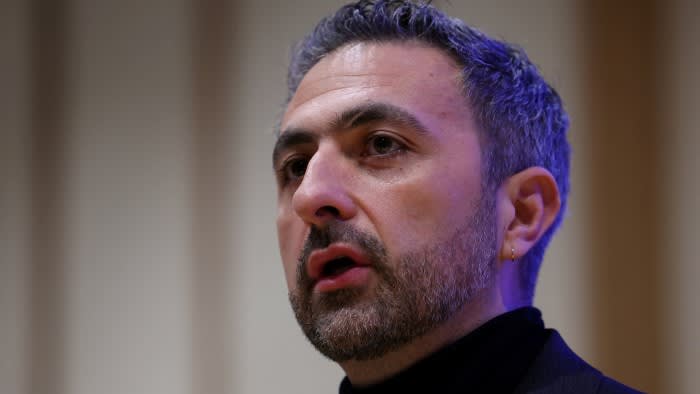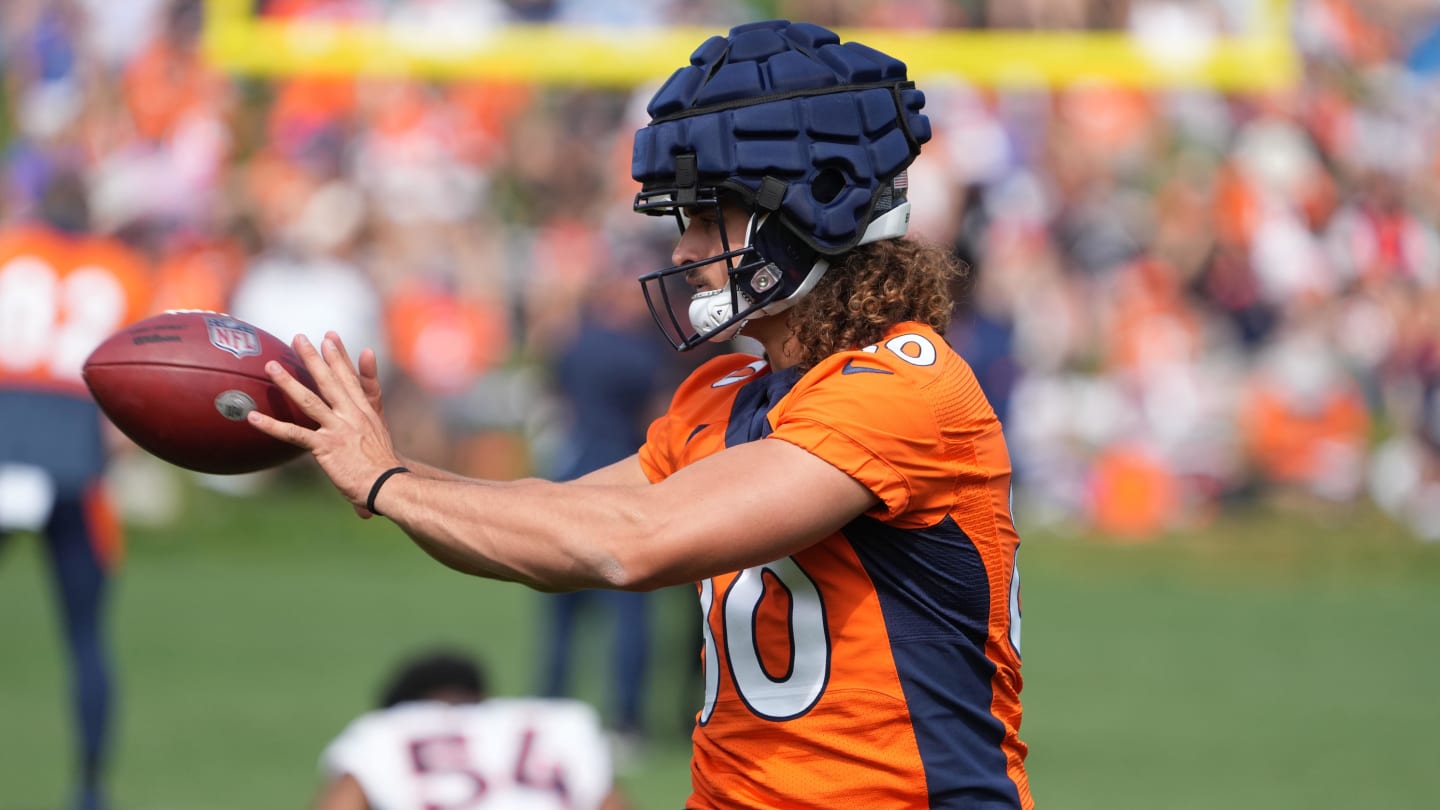Microsoft has hired Mustafa Suleyman, the co-founder of Google’s DeepMind and chief executive of artificial intelligence start-up Inflection, to run a new consumer AI unit.
Suleyman, a British entrepreneur who co-founded DeepMind in London in 2010, will report to Microsoft chief executive Satya Nadella, the company announced on Tuesday. He will launch a division of Microsoft that brings consumer-facing products including Microsoft’s Copilot, Bing, Edge and GenAI under one team called Microsoft AI.
It is the latest move by Microsoft to capitalise on the boom in generative AI. It has invested $13bn in OpenAI, the maker of ChatGPT, and rapidly integrated its technology into Microsoft products.
Microsoft’s investment in OpenAI has given it an early lead in Silicon Valley’s race to deploy AI, leaving its biggest rival, Google, struggling to catch up. It also has invested in other AI start-ups, including French developer Mistral.
It has been rolling out an AI assistant in its products such as Windows, Office software and cyber security tools. Suleyman’s unit will work on projects including integrating an AI version of Copilot into its Windows operating system and enhancing the use of generative AI in its Bing search engine.
Nadella said in a statement on Tuesday: “I’ve known Mustafa for several years and have greatly admired him as a founder of both DeepMind and Inflection, and as a visionary, product maker and builder of pioneering teams that go after bold missions.”
DeepMind was acquired by Google in 2014 for $500mn, one of the first large bets by a big tech company on a start-up AI lab. The company faced controversy a few years later over some of its projects, including its work for the UK healthcare sector, which was found by a government watchdog to have been granted inappropriate access to patient records.
Suleyman, who was the main public face for the company, was placed on leave in 2019. DeepMind workers had complained that he had an overly aggressive management style. Addressing staff complaints at the time, Suleyman said: “I really screwed up. I was very demanding and pretty relentless.”
He moved to Google months later, where he led AI product management. In 2022 he joined Silicon Valley venture capital firm Greylock and launched Inflection later that year.
Microsoft will also hire most of Inflection’s staff, including Karén Simonyan, co-founder and chief scientist of Inflection, who will be chief scientist of the AI group. Microsoft did not clarify the number of employees moving over but said it included AI engineers, researchers and large language model builders who have designed and co-authored “many of the most important contributions in advancing AI over the last five years”.
Inflection, a rival to OpenAI, will switch its focus from its consumer chatbot, Pi, and instead move to sell enterprise AI software to businesses, according to a statement on its website. Sean White, who has held various technology roles, has joined as its new chief executive.
Inflection’s third co-founder, Reid Hoffman, the founder and executive chair of LinkedIn, will remain on Inflection’s board. Inflection had raised $1.3bn in June, valuing the group at about $4bn, in one of the largest fundraisings by an AI start-up amid an explosion of interest in the sector.
The new unit marks a big organisational shift at Microsoft. Mikhail Parakhin, its president of web services, will move along with his entire team to report to Suleyman.
“We have a real shot to build technology that was once thought impossible and that lives up to our mission to ensure the benefits of AI reach every person and organisation on the planet, safely and responsibly,” Nadella said.
Competition regulators in the US and Europe have been scrutinising the relationship between Microsoft and OpenAI amid a broader inquiry into AI investments.




























